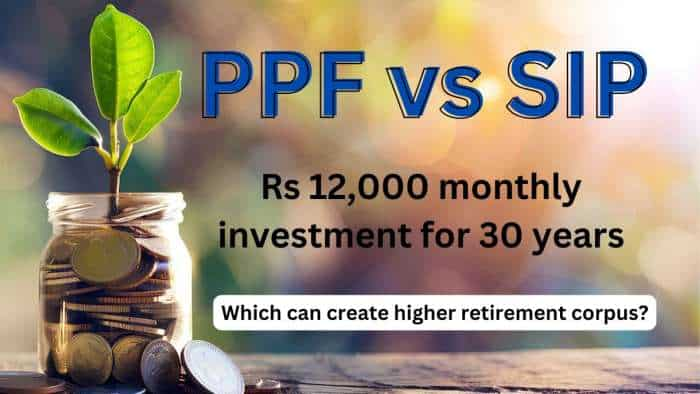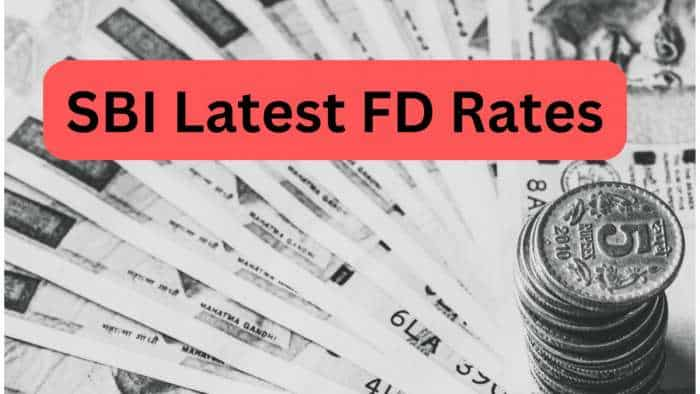DETAILED ANALYSIS, STRATEGY: MSMEs, Covid-19 and the road ahead for small businesses amid pandemic
With over 6.3 crore registered entities and a contribution of over 30 percent in India’s Gross Domestic Product, the contribution of micro, small and medium enterprises (MSMEs) is enormous both in quantitative as well as qualitative terms.

With over 6.3 crore registered entities and a contribution of over 30 percent in India’s Gross Domestic Product, the contribution of micro, small and medium enterprises (MSMEs) is enormous both in quantitative as well as qualitative terms. The MSME sector is not new to challenges and hardships, but the recent Coronavirus pandemic has hit at the very core.
Lakhs of artisans, workers, and weavers are finding it difficult to cope with the sudden drop in demand, social distancing restrictions, series of lockdowns and empty coffers. Vikas Gupta, CEO, Greyweave.com shares his knowledge on the impact of Coronavirus on the MSME sector, and suggests a strategy to deal with the resurgent wave.
"First Coronavirus wave and its impact
According to a recent survey by Dun and Bradstreet, out of the 250 surveyed MSMEs, 82 percent accepted that the Coronavirus crisis had a hugely negative effect on their business activities. When a nationwide lockdown was imposed in March 2021, the MSME sector experienced a sudden halt of production units, almost zero sourcing of raw material, shortage of working capital, abysmally low demand and a mass exodus of workers towards their hometowns. MSME units related to manufacturing, textiles, weaving and spinning and the agriculture sector were impacted badly. If a report by the Reserve Bank of India is believed, the MSME segment is of the five most badly affected sectors of the economy due to the Coronavirus.
However, after the nationwide lockdown was over, the Union Government provided a slew of facilitative measures for handholding the aggrieved sector. The ‘Atmanirbhar Bharat Abhiyan’ package, to the tune of Rs 3 lakh crore, provided much-needed liquidity support to the MSMEs. This stimulus was aimed at providing collateral-free automatic loans to the MSME, and it ensured additional working capital support to the industries. In addition to this, the World Bank also provided targeted monetary support of $ 750 million to the MSME sector battered by the COVID-19 pandemic.
On the back of these supportive measures, the MSME sector was well on the path to a gradual recovery and was hopeful of getting back on its feet by the year-end 2020. However, the resurgent pandemic and rapidly increasing cases across India has exacerbated the fears of a deadlier and more profound impact in the year 2021.
The Second wave
The year 2021 started on a positive note, and the end of the Coronavirus pandemic was in sight as the restriction was eased and the supply lines were almost fully restored. However, the resurgent Coronavirus in a more lethal and deadly form has increased the apprehensions of far greater effects than the previous year. If a report by the International Labour Organisation is believed, over 400 million people engaged in the informal economy in India are at an increased risk of poverty and a major chunk of this group is or was engaged in the MSME sector.
Sectoral lockdowns, closure of industrial activities, ban on the gathering of people, application of Section 144 (limiting the movement of people), the second mass exodus of workers and restriction on business hours has had the entire MSME sector worrying. The harsh restrictions, strict social distancing norms, permission to work at half of the general capacity, constrained supply chains and rising input costs will push a vast number of MSMEs to the limit of eventual closure.
The repetition of workers migration and availability of working capital coupled with dismal demand are the pressing challenges for the MSME sector amid the second wave of COVID-19.
The Government initiatives
Apart from the facilitative ‘Atmanirbhar Package’ announced last year, the Reserve Bank of India has announced periodic loan moratorium, relaxed working capital financing and deferred interest payment on working capital without asset classification downgrade. In May 2021, the RBI has extended the loan moratorium facility to those persons and business entities who had not availed of the facility in the year 2020. Many public sector banks have announced emergency credit lines for the MSME sector at reduced interest rates.
In the wake of the Coronavirus impact on the MSME sector, the Small Industries Development Board of India (SIDBI) has facilitated a concessional loan at the rate of five percent for emergency support to the entire MSME sector. Such loans would be collateral-free and would be made available within 48 hours. The MSME sector can avail of these facilities to stay afloat. They must look at cutting the running expenditure and find alternative markets once the restrictions are lifted.
In addition to this, the Government has introduced delayed GST payments without any interest or penalties.
However, the second wave has brought with it an enormous level of uncertainties. Amid the second wave, the scientific community is indicating towards a third wave.
Despite every effort, the recovery cycle of the economy in general and the MSME sector would be coterminous with the mass vaccination drive, taming of the lethal virus sustainably, and gradual opening up of the market as well as demand. The Government would do well to continuously provide credit support and handhold the sector in challenging times."
Get Latest Business News, Stock Market Updates and Videos; Check your tax outgo through Income Tax Calculator and save money through our Personal Finance coverage. Check Business Breaking News Live on Zee Business Twitter and Facebook. Subscribe on YouTube.
RECOMMENDED STORIES

Largecap, Midcap Stocks To Buy: Analysts recommend buying L&T, Tata Motors, 3 other stocks for 2 weeks; check targets

Power of Rs 15,000 SIP: How long it will take to achieve Rs 7 crore corpus? See calculations to know

PPF vs SIP: Rs 12,000 monthly investment for 30 years; see which can create higher retirement corpus

SIP in Stocks For New Year 2025: Market guru Anil Singhvi recommends 1 largecap, 2 midcap scrips to buy in dips; note down targets
03:38 PM IST










 Budget 2025-26: Assocham seeks further ease of doing business, credit flow for MSMEs
Budget 2025-26: Assocham seeks further ease of doing business, credit flow for MSMEs GeM registers 1.69 lakh women-led MSMEs for government procurement
GeM registers 1.69 lakh women-led MSMEs for government procurement We are open to idea of alternate financing models for MSMEs: Piyush Goyal
We are open to idea of alternate financing models for MSMEs: Piyush Goyal Indian MSMEs create about 10 crore jobs in 15 months
Indian MSMEs create about 10 crore jobs in 15 months Budget 2024: Double PM Mudra loan threshold of Rs 20 lakh a reality now
Budget 2024: Double PM Mudra loan threshold of Rs 20 lakh a reality now